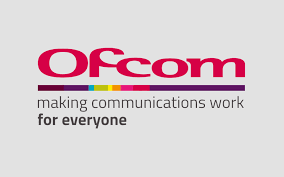Proposed licence fees for 412-414 MHz paired with 422-424 MHz
Ofcom has published the proposed licence fees for the 412–414 MHz and 422–424 MHz paired spectrum which is currently licensed to Arqiva and Airwave. Arqiva won this spectrum in a 2006 auction, with a 15-year initial licence period during which no additional fees would be required. The initial period will come to an end later this year at which point an annual licence fee will become payable. Arqiva traded part of the spectrum with Airwave in 2008 – making Airwave the co-licensee.
Ofcom is proposing that the annual fee be set at £396,000 per MHz, which is in line with what Business Radio users pay for a UK-wide licence in nearby bands.
The deadline for comments is 16 July 2021.















